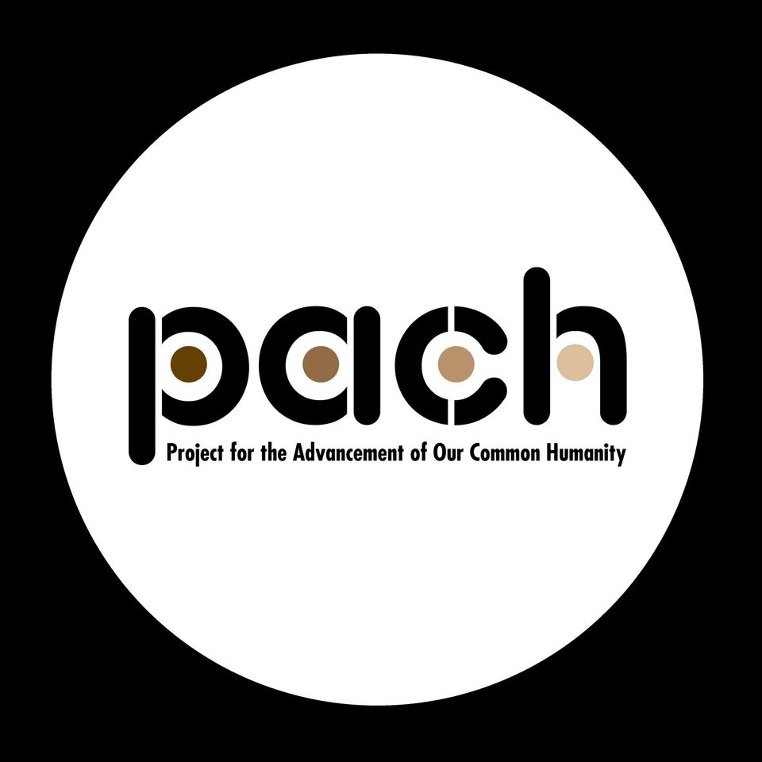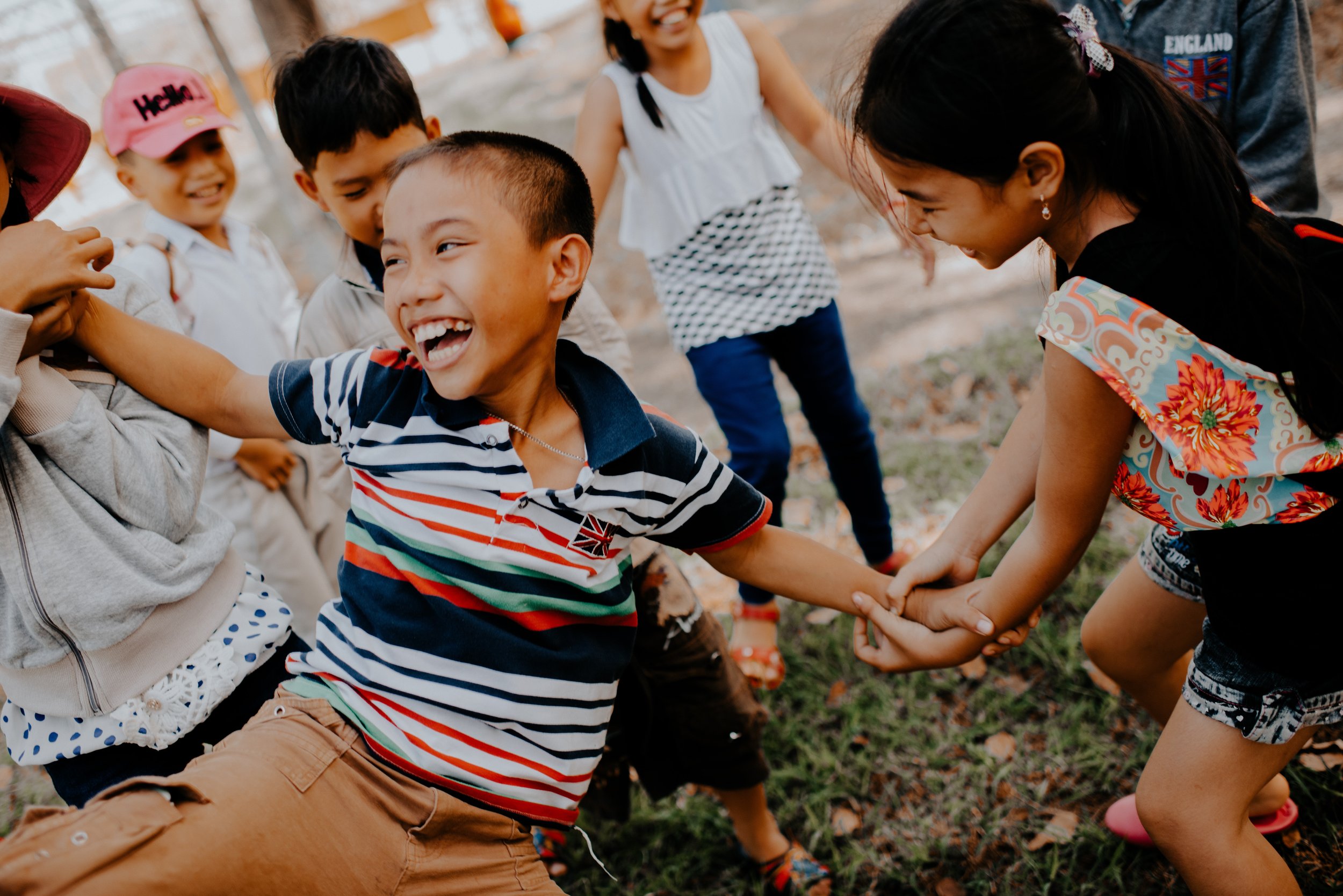About
The Listening Project, which is part of the Project for the Advancement of our Common Humanity (pach.org), was created to address the crisis of connection in schools.
The 5-phase curriculum has been integrated into 6th-, 7th-, and 8th-grade English, Humanities, and Social Studies classes for over five years and is now being developed as a whole-school approach in both middle and high school classrooms.
Through the process of transformative interviewing, connections deepen. The interviewee feels seen, as they are allowed to reveal how they see and understand the world. The interviewer is able to see the interviewee outside of a set of stereotypes and see themselves in the interviewee. In addition, the interviewer feels more connected to themselves with the recognition that they are not the only one who feels or thinks as they do.
The method is designed to:
Break down stereotypes
Enhance social and emotional skills
Enhance connection
Foster a sense of a common humanity
Our research also indicates additional individual and classroom-level outcomes. Learn more about our research methods, results, and evaluation here.
Mission
The mission of the Listening Project at the individual level is to foster listening, curiosity, learning, connection, and a sense of common humanity among and between individuals and communities. The mission of the project at the systemic level is to create a more just and humane world by reimagining what it means to educate and raise children and using what young people have taught us about the world as the basis of our educational and parenting practices.
Our Method
Transformative Interviewing:
Transformative Interviewing is our method of disruption that allows participants to see themselves and others outside of a set of stereotypes and, according to our evaluation in middle schools and universities, fosters connection, belongingness, curiosity, listening skills, and a sense of common humanity.
We believe that if we change the way we see each other, we change the way we treat each other. By creating such psychological change, we make it possible for the structural change that is necessary for a more just and humane classroom and society.



